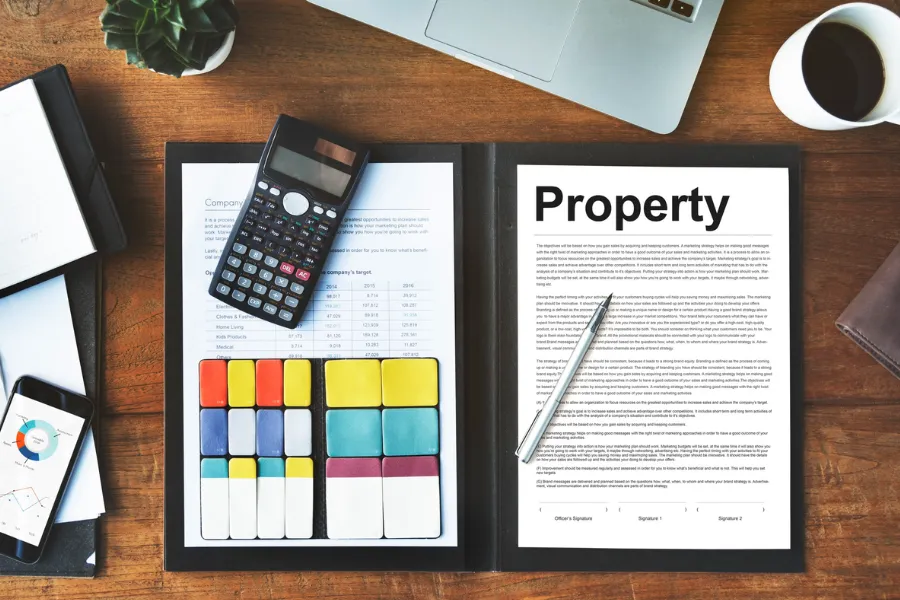An alteration agreement is a document that an apartment owner has to sign before they can make any alterations in their co-op or condo apartment. It outlines what a homeowner can and cannot do and the rules and guidelines they have to follow to make any alterations in their apartment.
Such agreements are usually prepared by the attorneys representing the condo and co-op boards and focus on the welfare of the entire building and prevent homeowners from making alterations that might impact the building as a whole or their neighbors. If you want to do something outside the scope of this agreement, you may need to get special permission from the board.
If a building doesn’t have a standard alteration agreement prepared, you may have to consult the board directly. They may or may not ask you to share your renovation plans with them and communicate renovation restrictions and rules to you verbally.
Who Needs It And When Is It Used?
Both homeowners and boards (co-op or condo) need an alteration agreement.
For homeowners, both new and old, the agreement is necessary to understand the board’s attitude, permissions, and restrictions about alterations. It tells them things like what kind of contractors they can hire and what insurance those contractors need before working on an alteration in the apartment. Or when can they call the contractors for work, as most boards have strict policies around the time alteration work can be done so that it’s least disturbing for other residents of the building.
For boards, an alteration agreement is necessary to ensure that alteration in one apartment doesn’t impact the whole building. Many restrictions within these agreements allow them to do that. They include:
No wet over dry: Wet areas (bathroom or kitchen) are usually one over another for the full height of the building, and the alteration agreement prevents apartment owners from changing that.
Common utilities: The agreement restricts or offers specific guidelines about making any alterations that may impact other residents of the building, like plumbing, electricity, heating, and cooling.
Insurance: The agreement specifies at least how much insurance the contractors should have to ensure any unintended damage can be financially covered.
The agreement is used whenever an apartment owner wants to make alterations in their apartment.










